China expected to boost military budget as tensions rise: Experts
Chinese and Western security experts say Beijing is soon expected to reveal a robust increase in military budget amid rising tensions with the US and territorial disputes in the South China Sea.
The substantial hike in the Chinese military spending is to be announced at the March 5 annual opening of the country’s parliament, experts said on Friday.
Last year, China announced a 6.6 percent rise in defense spending to $178 billion, the lowest rate of increase in three decades as a result of the coronavirus hammering its economy.
“China is facing the most severe security situation since the Korean War,” said Ni Lexiong, a retired professor at the Shanghai University of Political Science and Law.
Ni predicted the sharp rise in China’s military budget, citing US arms sales to Taiwan, regular deployments of American aircraft carriers off the China coast and the recent presence of a French warship and nuclear submarine in the South China Sea.
“Looking at public opinion, it has become more urgent to take back Taiwan militarily. That is why the budget will surely rise sharply,” he underlined.
The new administration of US President Joe Biden has shown that Washington intends to compete with what it calls China’s growing influence and military strength in the Asia-Pacific.
In recent weeks, powerful US warship fleets have sailed near Taiwan, over which China has sovereignty, and through disputed territory in the South China Sea as a provocative move to infuriate Beijing.
Wang Xiangsui, a retired senior colonel in the People’s Liberation Army and a professor at Beihang University in Beijing, said Washington’s hostile moves in the South China Sea and backing anti-China rhetoric of its neighbors in the disputed waters had prompted the Asian country to boost its military capabilities.
Wang also underlined that US moves to restrict Chinese access to military equipment and technology would force Beijing to invest more on homegrown research and development.
“The US military wants to preserve its overwhelming advantage in nuclear and space, and China wants to upset this. More spending is definitely needed,” Wang said.
Ross Babbage, a non-resident fellow at the Washington-based Centre for Strategic and Budgetary Assessments and former Australian defense official, expects a rise of about seven percent in the Chinese military budget.
“That is less than some people might expect and the reason for that is the Chinese economy is still not in great shape,” he said, hinting at the severely-affected economy of China after the health crisis ensuing the deadly pandemic.
Ties between Washington and Beijing under former US President Donald Trump turned fractious, with clashes on issues relating to trade, technology, regional security and human rights.
However, Chinese officials have expressed cautious optimism that bilateral relations would improve under the Biden administration.
Biden has shown little sign of establishing a swift rapprochement with Beijing, describing China as Washington’s “most serious competitor,” and saying the US would continue to confront what he called China’s “attack on human rights, intellectual property and global governance.”
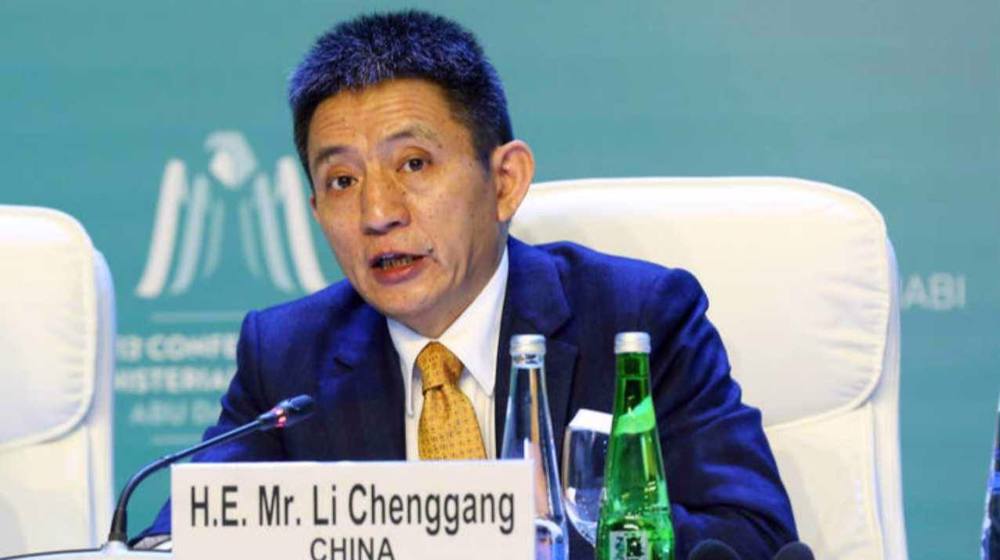
China condemns ‘unilateral and arbitrary’ US tariffs
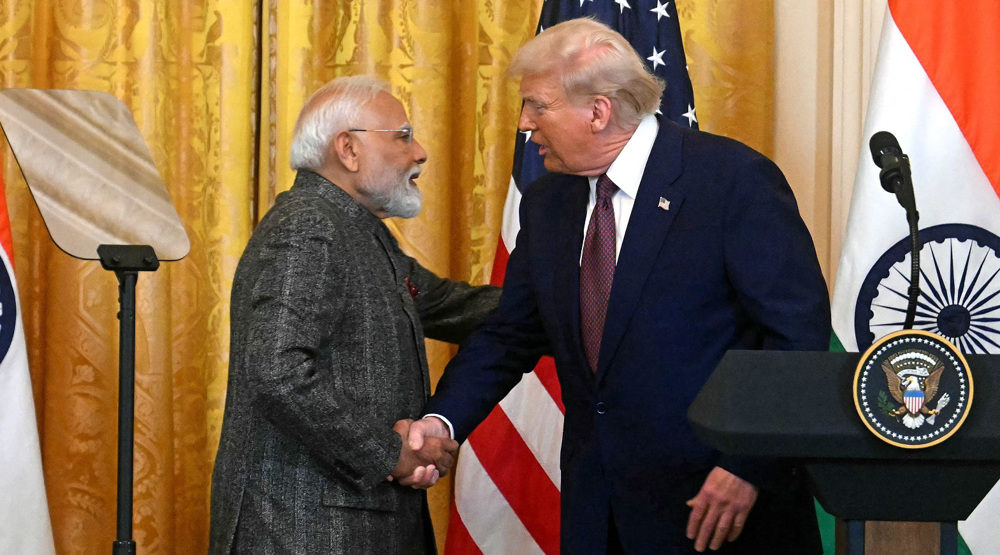
China warns US, India after Trump surge in arms sales to New Delhi
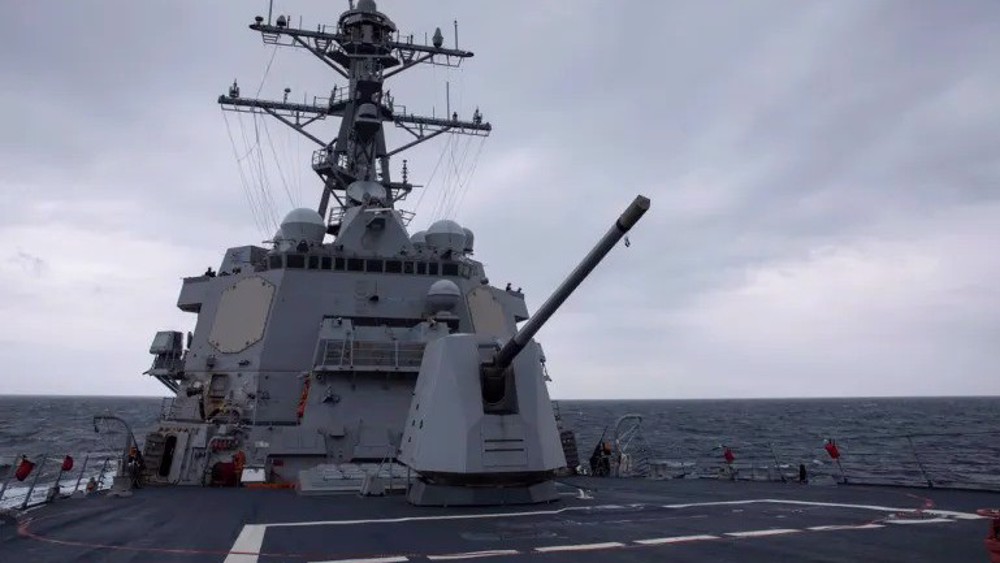
US makes debut passage through Taiwan Strait under Trump's new administration
Israel’s massacres won’t grant it ‘legitimacy’: Hamas on 31st anniversary of Ibrahimi Mosque tragedy
French leader decries ‘unprecedented diplomatic scandal’ after Israel bars European MPs
VIDEO | Washington’s failed projects
VIDEO | Islamabad exhibition exposes Israeli atrocities in Gaza
Trump rescinds arms sales regulation in favor of Israel, sources say
Iran’s president vows to accelerate cooperation with Russia
Palestinian says Israeli jailers poured acid on him during interrogation
Iran, Turkmenistan seek increased cargo transit via railways


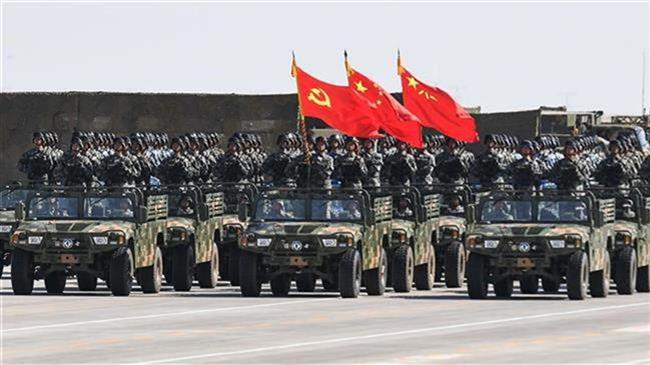





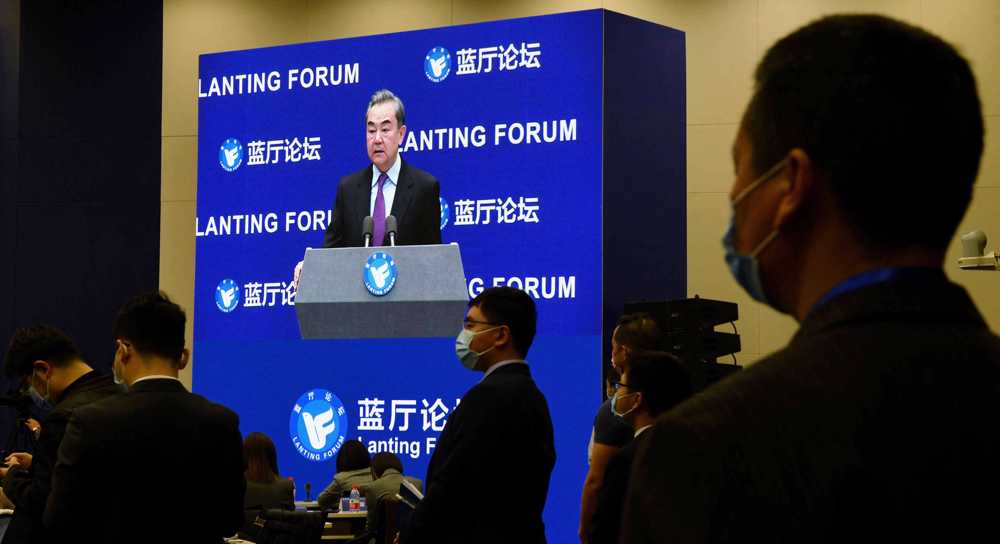
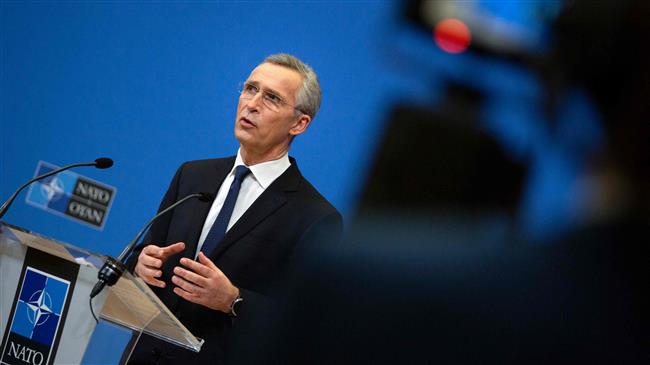
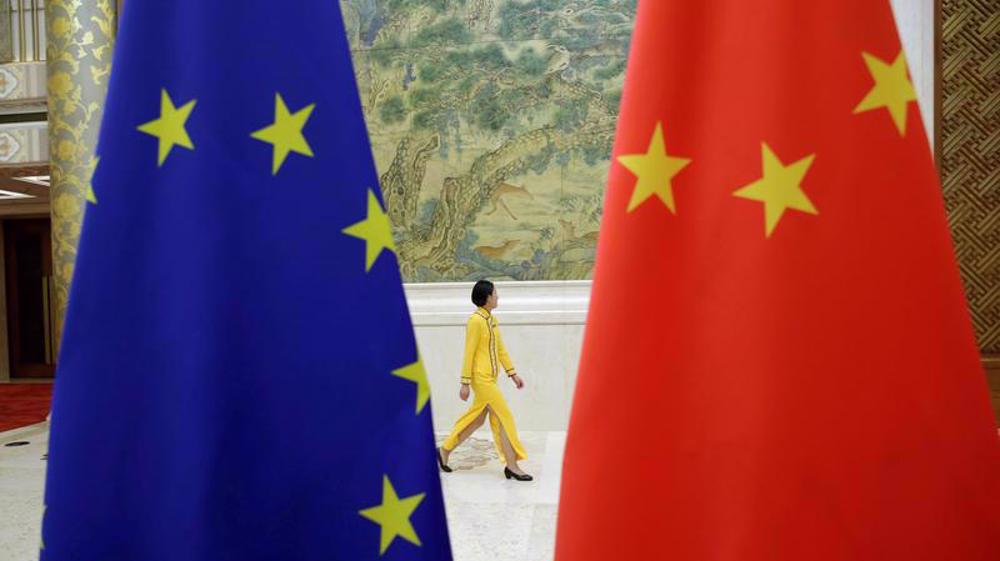

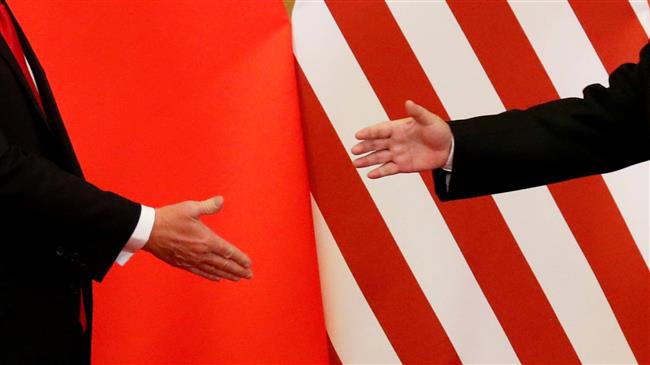
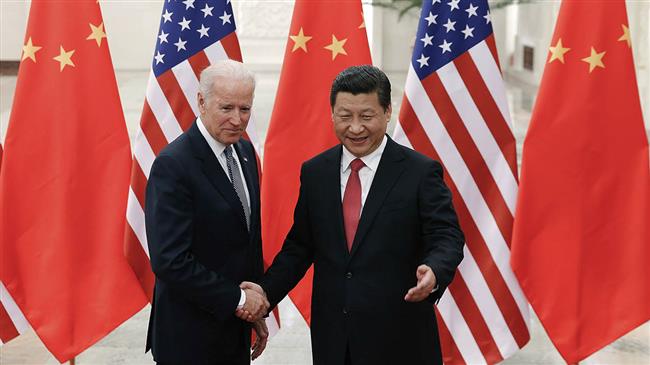
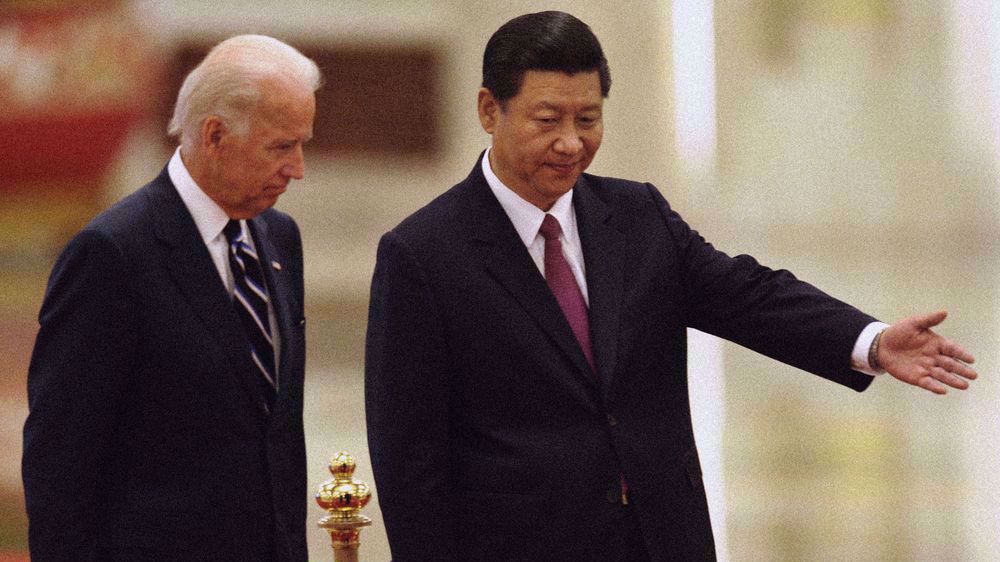

 This makes it easy to access the Press TV website
This makes it easy to access the Press TV website